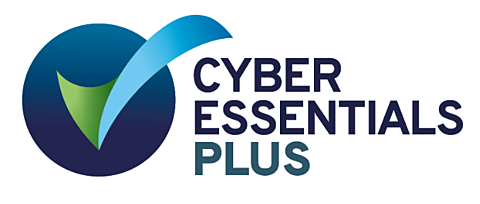Senior Consultant
Thoughts on the Trustee Skills Consultation
6 Oct 2023
Trustee skills and capability
Trustees have a crucially important role that is responsible for making sure their Scheme is run well and secures good outcomes for members. However, the knowledge, skills and experience of trustees is incredibly varied. We find ourselves in an environment where additional pressures and complexities such as prescribing specific, complex asset classes that meet wider government agendas are being pushed, alongside questioning whether trustees have the knowledge and understanding to facilitate this. We’re not suggesting that these initiatives shouldn’t be pursued, but the implication for trustees and the additional skills and capability required to meet them should be acknowledged.
When it comes to investments, we’re not convinced if it is right and fair to expect a single person to have the knowledge and understanding of the full breadth of investment options? If trustees are capable of asking the right questions to challenge their investment advisers that is a strong starting position.
For many trustees, this is a role that is performed in addition to the day job, so accreditation has a definite role, but we would strongly argue that this should not be detrimental to board diversity. Do professional trustees hold the silver bullet? Of course, they should all be accredited, and this helps with the clear direction of travel set by this call for evidence. But what is their capacity? Should all Trustee Boards be given the same expectations of skills and capability, or is there a place for proportionality based on scheme size?
The role of advice
As the requirements on trustees continues to increase, it is inevitable that more reliance will be placed on advisers. There are many advisers and consultants that trustees can and do call upon. But who is looking at the skills and capabilities of advisers?
DB and DC schemes have different needs and objectives at a scheme level, which means their needs for advice will also be different. The call for evidence did not distinguish between this, and this is an important distinction to make. Especially when it comes to building investment portfolios for default funds in the DC world, where member outcomes are intrinsically linked to performance.
Another key consideration when it comes to advisers is the training often provided to trustees by advisers. It is worth considering the breadth and depth of such training and how that is monitored.
Barriers to effectiveness, including duties
Trustees are in a role where there is continuous change, with limited time and resource and increasing regulatory demands. They make decisions in the long-term interests of savers, but no two schemes are exactly the same, so no two decisions will be the same – as they will be driven by individual factors like the type of scheme, longevity of scheme, member demographic, and, for DB schemes, funding position strength of the employer covenant. With limited time and resource, we question whether a barrier to effectiveness is the emphasis placed on meeting prescribed formats for reporting and presenting data for inspection. Whereas measuring how information is used to inform decision making worries less about ticking boxes and more about outcomes.
Reporting can also impact funding decisions, as short-term reactions should be balanced by the need to invest for the long-term. We also believe trustee boards without the proper support in place to manage the scheme will not be able to carry out their duties effectively.
Where Trustee Boards have several individuals, we think skills and capabilities should be assessed in the round, rather than requiring each trustee to be an expert in everything. This is more aligned to the make-up of corporate boards.
Final thoughts
The title of the consultation is Trustee skills, capability and culture; but there is no mention of culture in the consultation except briefly in relation to investment risk. Fundamental to any effective board is the importance of a constructive and collaborative culture within the Board, led by an effective Chairperson. Primarily, this will facilitate diverse thinking, questioning and challenge and therefore address some or most of the perceived barriers implied in the consultation and the questions posed. We believe a periodic independent evaluation of trustee board effectiveness can specifically look at behavioural, diversity and cultural issues where these may be manifesting themselves as barriers to trustee effectiveness.


